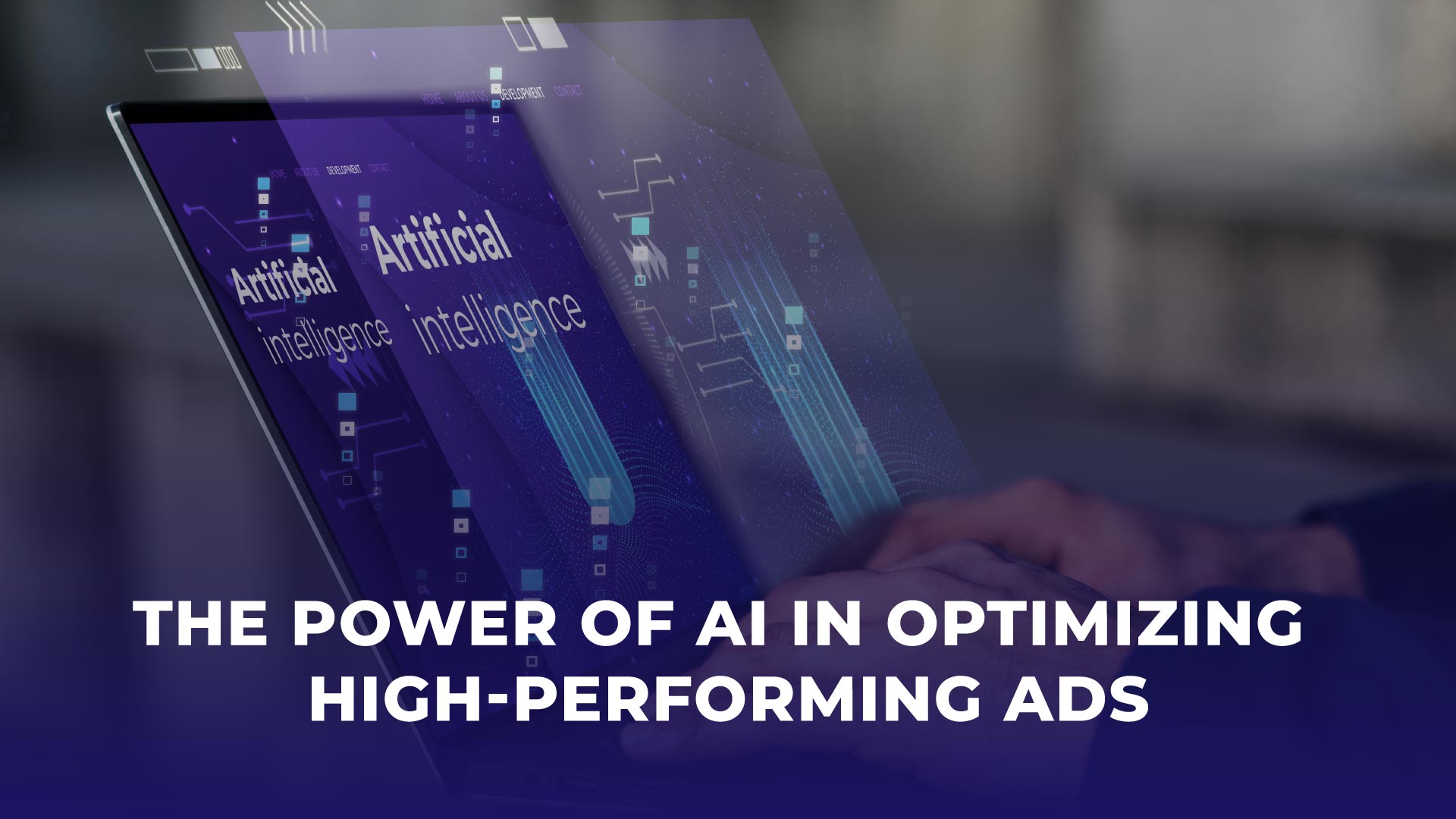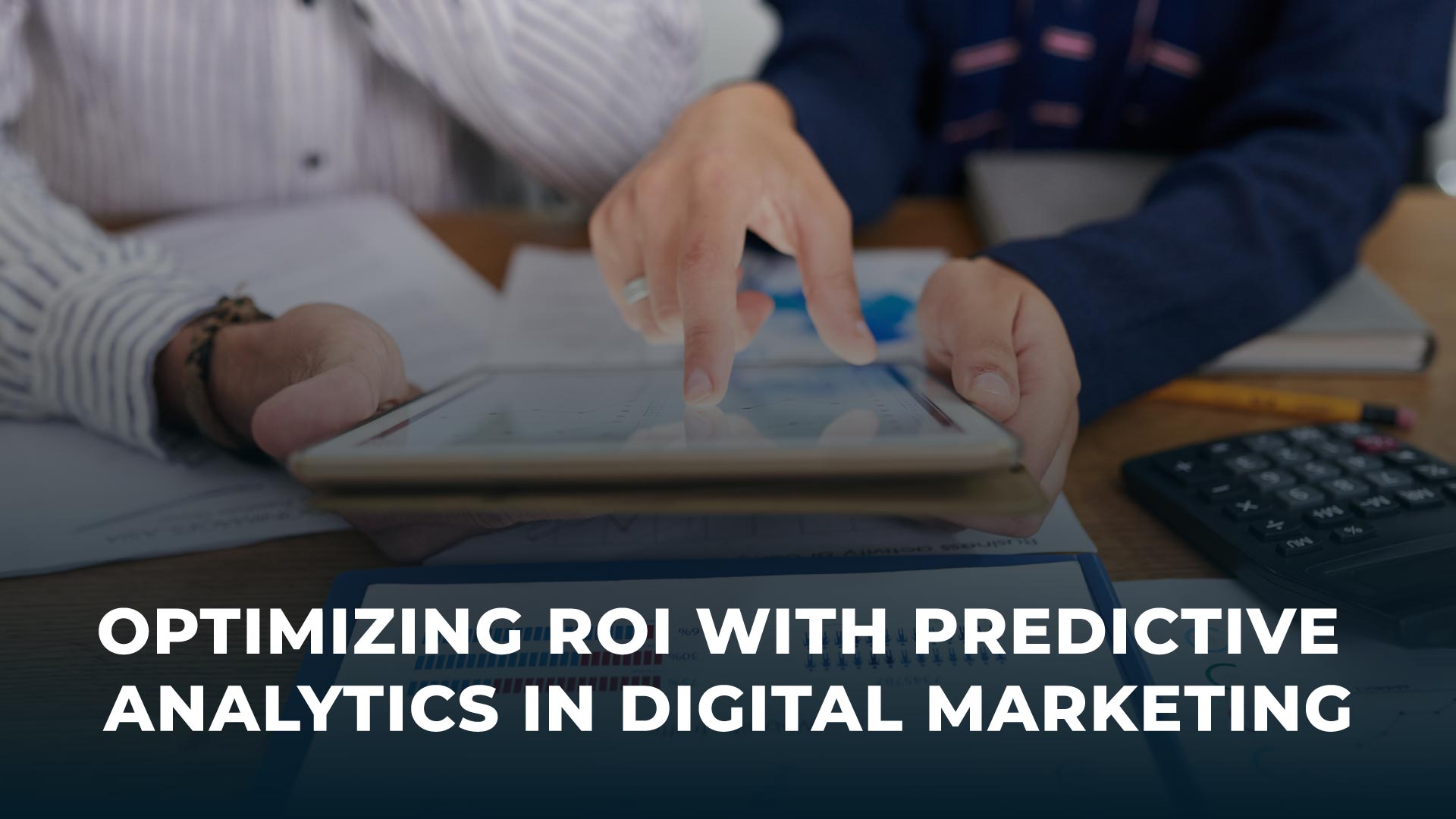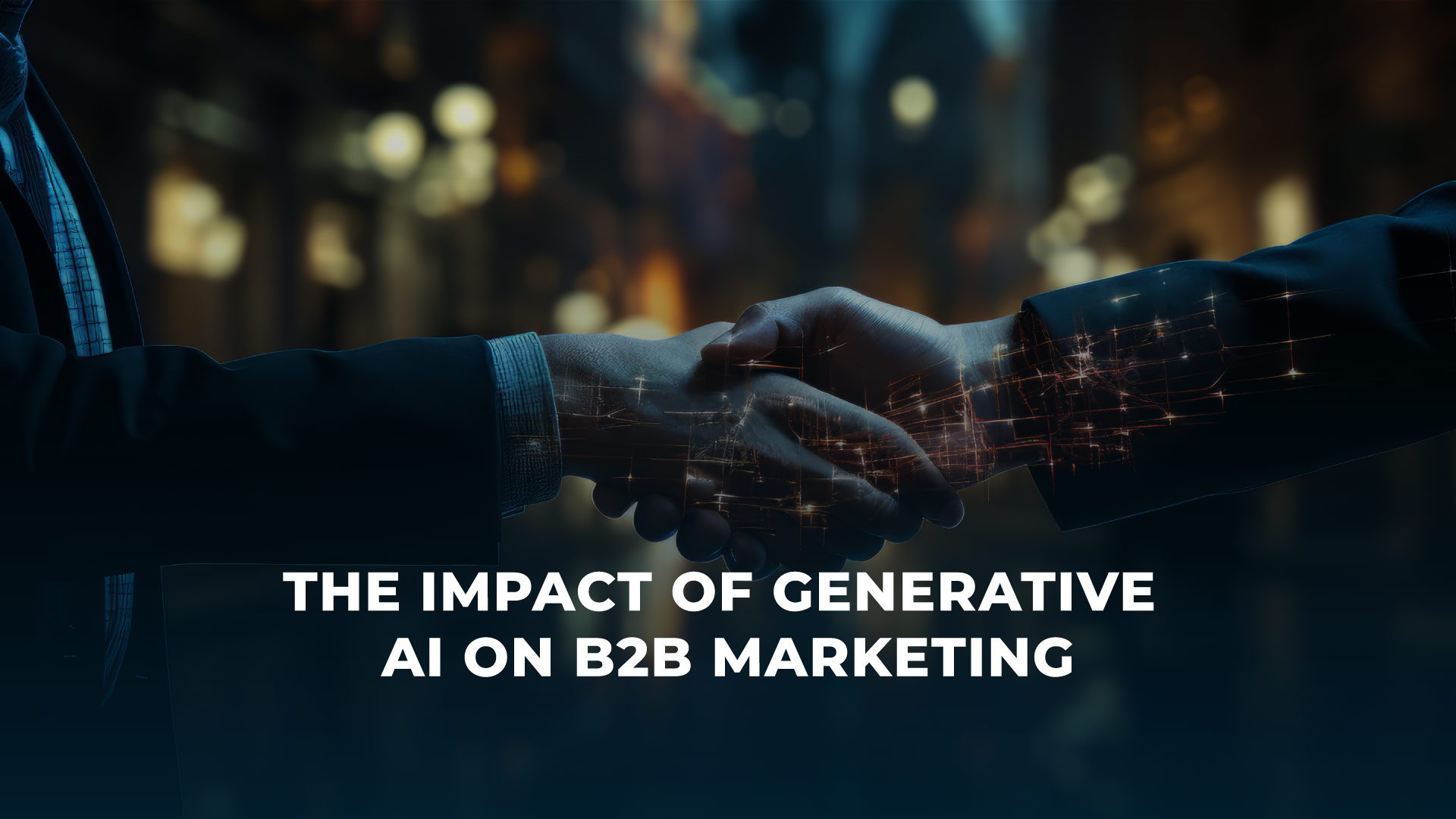Unlocking the Power of AI: Content Generation Made Easy
February 23, 2024
The Impact of AI-Powered Content Generation on SEO
February 22, 2024
AI Fraud Detection : Boosting Digital Marketing Efficiency
February 19, 2024
The Power of AI in Optimizing High-Performing Ads
January 22, 2024
Optimizing ROI With Predictive Analytics In Digital Marketing
January 12, 2024
The Impact of Generative AI on B2B Marketing
January 8, 2024
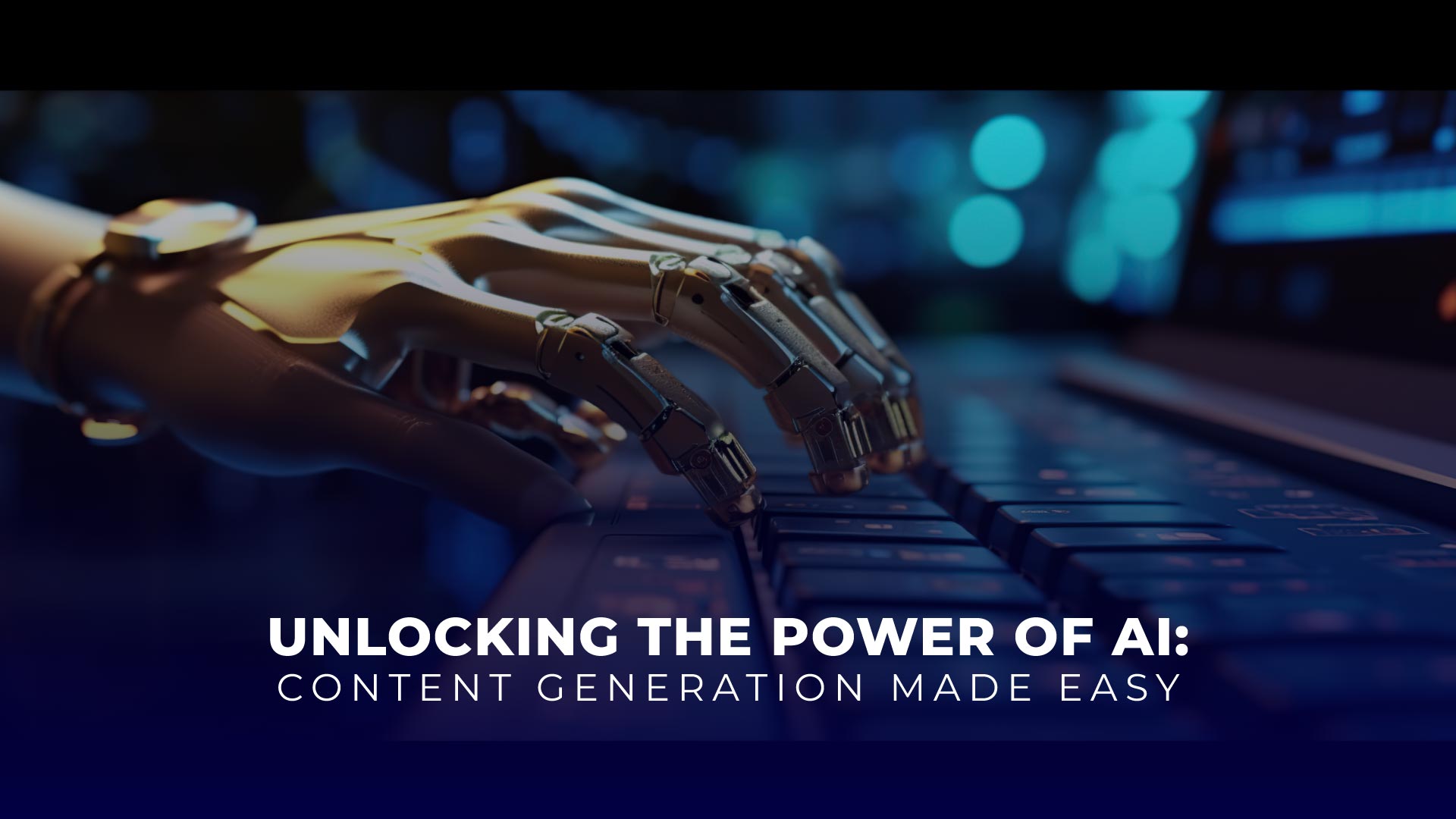

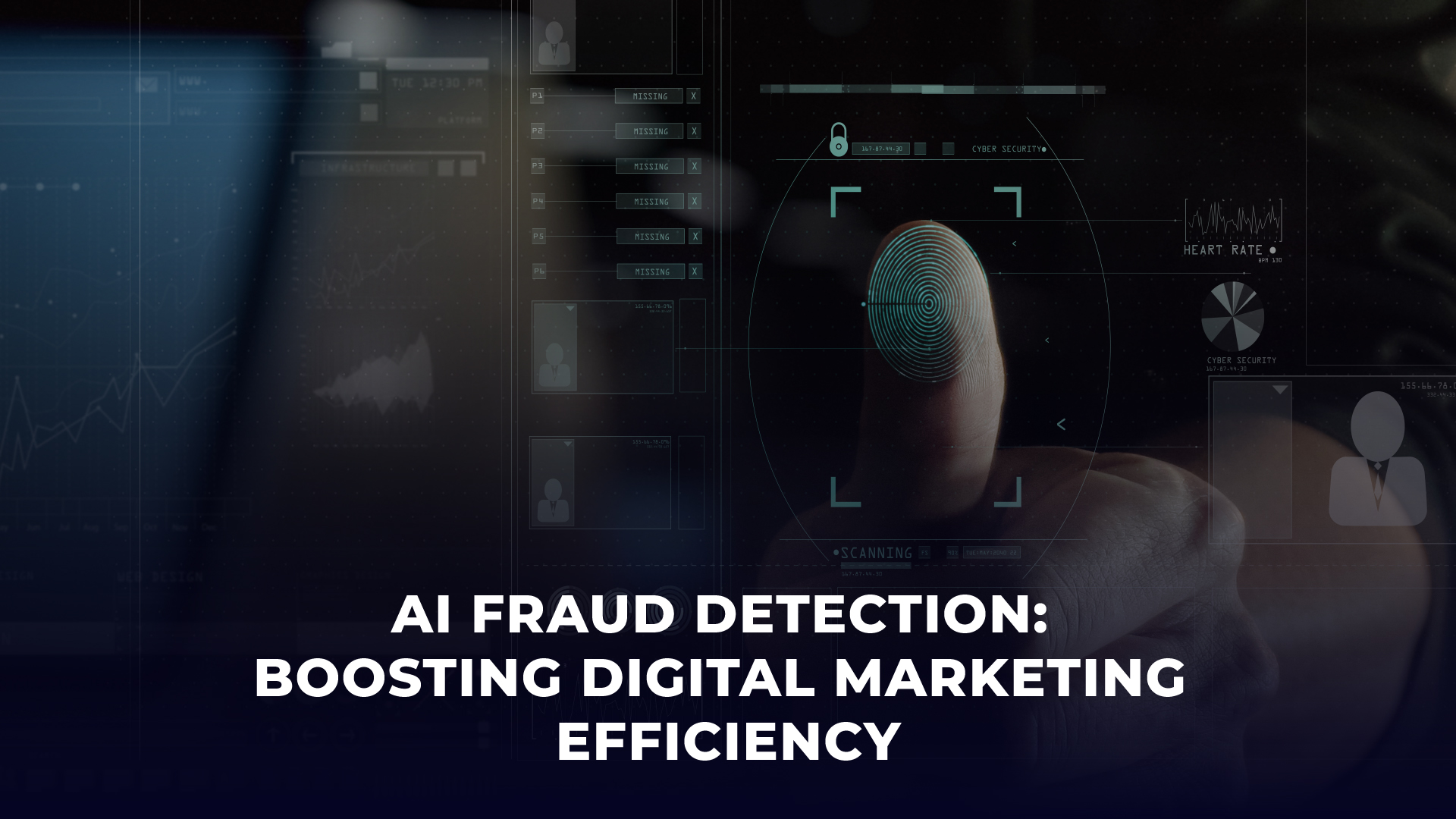

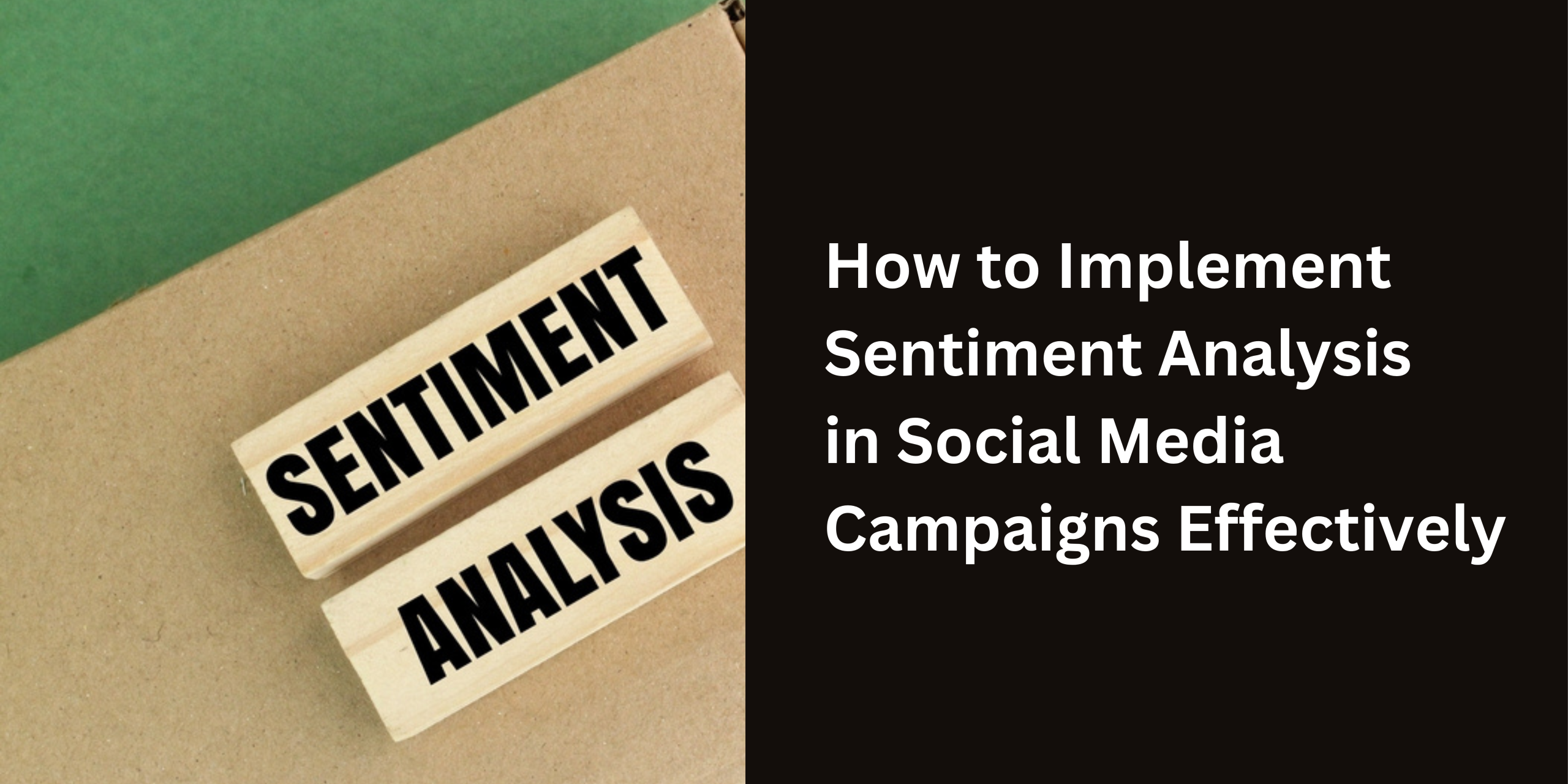
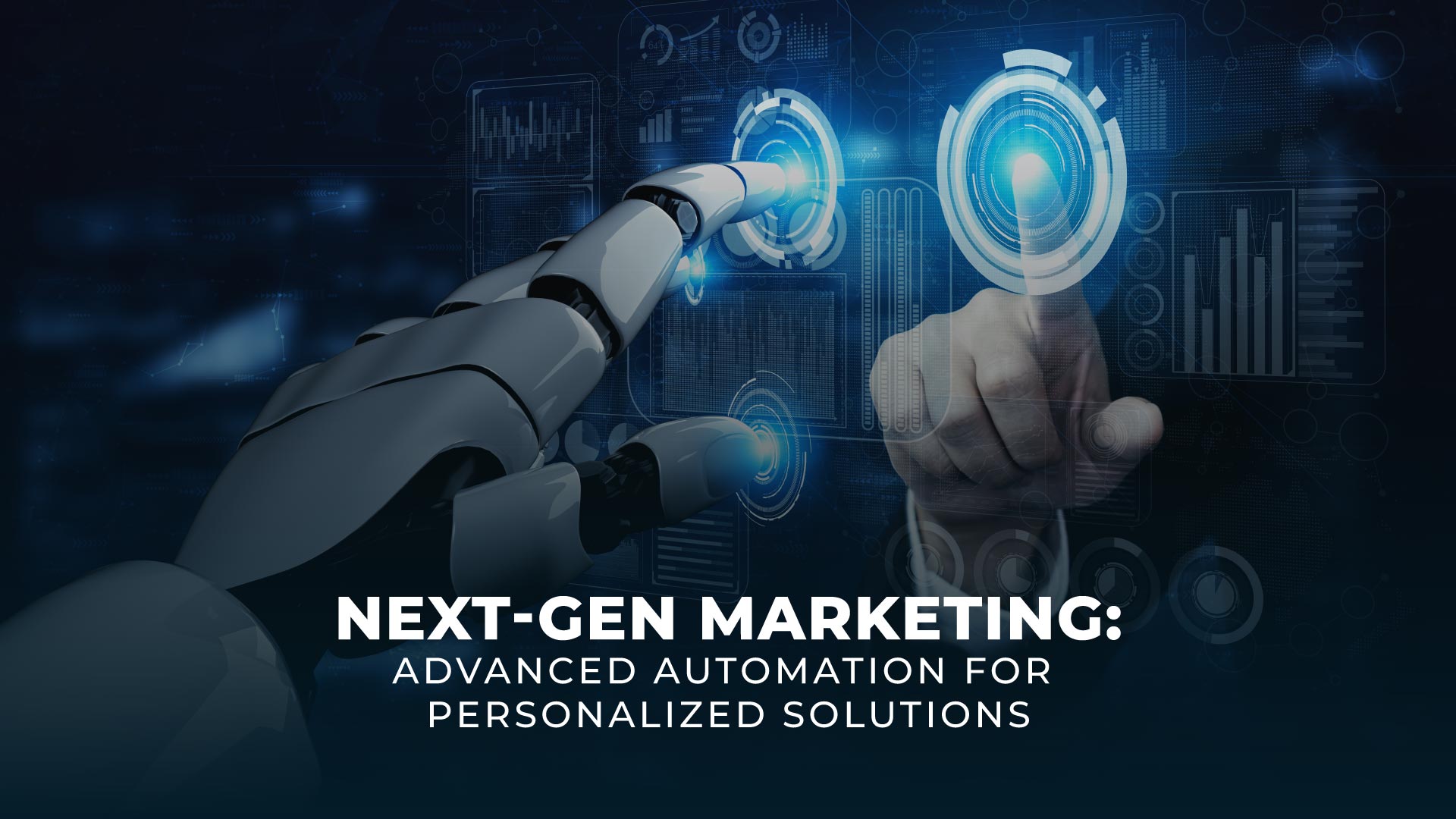
![Leveraging AI for Conversion-Optimized Designs [with 10 GPT Prompts ]](https://www.adlibweb.com/wp-content/uploads/2024/01/growtika-P5mCQ4KACbM-unsplash.jpg)
